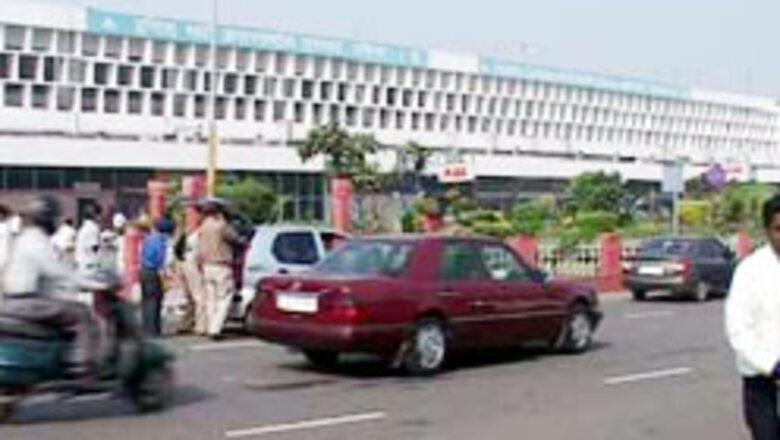
views
New Delhi: Next time you enter the Indira Gandhi International Airport to board a flight, chances are that the security people will see through you, literally.
A new passenger-screening machine, the body scanner, is being installed which will virtually undress every passenger to ensure that no suspicious object is carried on to the tarmac of the airport and the plane.
While there have already been privacy concerns, security agencies say emerging security needs have forced Delhi International Airports Ltd (DIAL) to install the new equipment.
DIAL, a joint venture among Fraport, GMR Group, Malaysian Airports Holding Berhad and India Development Fund, had recently taken over the operation and expansion of the airport after its privatisation.
"We are on the verge of putting up a body scanner at the terminal," a DIAL official told the Mumbai-based DNA newspaper.
There have been repeated hijack alerts on the Indian skies from intelligence agencies over the past few months and security agencies have been facing a Herculean task in ensuring that militants and mischief-mongers doesn't sneak in to vulnerable areas with weapons.
PAGE_BREAK
What has made the security task even more tougher is the increased flow on traffic on the low-cost carriers.
Low-cost air travel has also drastically changed the profiles of air passengers in the country and security agencies are now hard-pressed to use more stringent measures to ensure foul-proof security at the airports.
The machine bounces X-rays off the passenger's skin to produce a naked image of the body on the computer screen. The device’s graphic projection, from a 1.5-second scan, is meant to help security personnel detect weapons and explosives.
In fact, even Central Industrial Security Force had mooted a similar plan to install the body scanner at Delhi Airport. According to DNA, the CISF's plan was to use the scanner to produce a shadow image. This equipment is meant to be operated by members of the same sex, they said. The scanner would be more ethical than feeling up people to frisk them, they argue.
Security agencies also point out that similar equipment are already in use at many international airports and while rights bodies have been fighting against such policy which infringes on the passenger’s privacy, security agencies have no option but to go with it considering the security risks involved in the aviation sector.




















Comments
0 comment